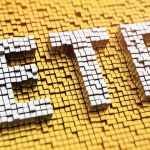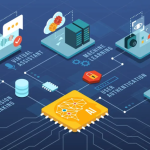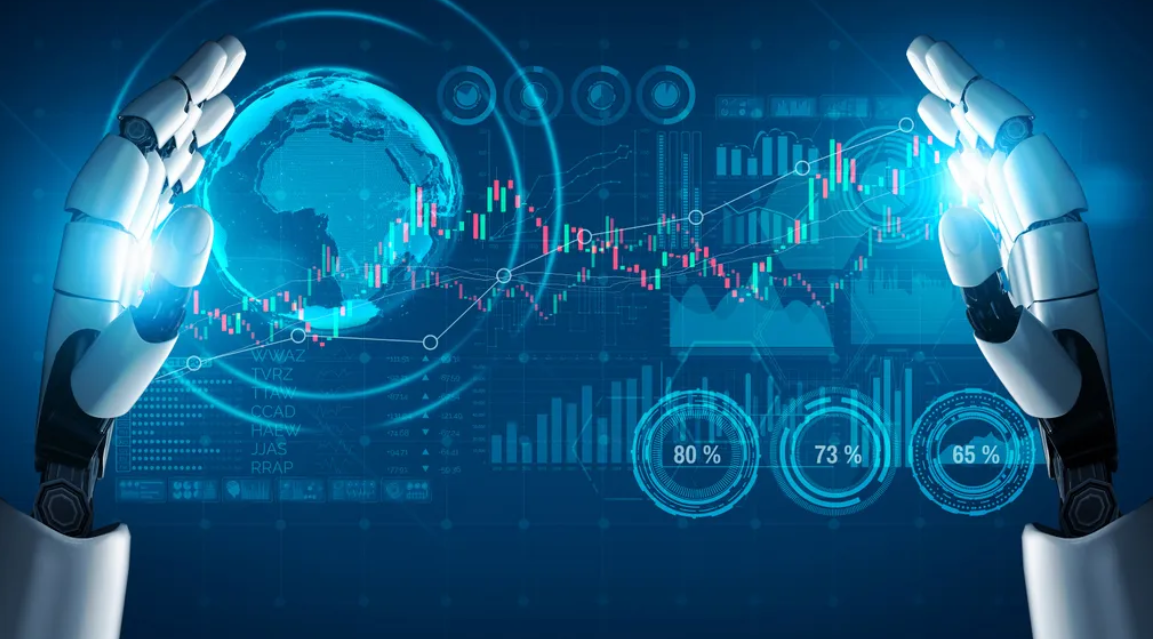Artificial Intelligence (AI) stands as one of the most transformative inventions in human history. It’s the product of human ingenuity, designed to replicate and enhance cognitive functions. However, as AI rapidly advances, a pressing question arises: What role will humanity play in shaping the future of AI? In this article, we delve into the idea that humans invented AI, and it is humanity that will ultimately determine its fate.
The Genesis of AI:
AI, in its early stages, was primarily an academic pursuit. The term “artificial intelligence” was coined in 1955 by John McCarthy, who is often referred to as the father of AI. Initially, AI research focused on symbolic reasoning and problem-solving.
AI as a Tool:
Over the decades, AI evolved from a theoretical concept to a practical tool. Businesses and industries have adopted AI for a multitude of purposes, from streamlining operations to enhancing customer experiences. This underscores humanity’s role in harnessing AI for productivity and efficiency.
AI in Everyday Life:
AI is no longer confined to specialized domains; it is part of our daily lives. From voice-activated virtual assistants to personalized recommendations on streaming platforms, AI has become a seamless part of modern existence. This demonstrates our capacity to integrate AI into our lives for convenience and advancement.
AI and Employment:
One of the concerns about AI is its potential to disrupt employment. As AI automates routine tasks, it reshapes the workforce. However, it is humans who make choices about how AI is deployed in the workplace. Responsible use of AI can lead to job enhancement, improved safety, and reduced drudgery.
AI and Creativity:
AI’s impact on creative fields is notable. It can generate music, art, and literature. But it’s crucial to recognize that AI’s creative output is, at its core, a result of human programming. AI can assist and augment human creativity but doesn’t possess the emotions or consciousness that humans bring to artistic endeavors.
AI Ethics:
With great power comes great responsibility. As AI advances, ethical concerns regarding its use and potential misuse have emerged. AI ethics, such as fairness, accountability, and transparency, are being discussed and addressed by human societies. It’s up to humans to ensure that AI aligns with our values and adheres to ethical standards.
AI in Healthcare:
AI has revolutionized healthcare, from early disease detection to drug discovery. It aids doctors in diagnosing conditions and helps researchers analyze vast datasets. Humanity’s commitment to improving healthcare through AI demonstrates our agency in shaping AI’s impact on society.
AI Governance:
Governments, organizations, and institutions are developing policies and regulations to manage AI. This demonstrates humanity’s ability to establish rules that guide AI’s responsible development and use.
AI’s Potential:
AI holds immense promise for addressing global challenges. It can analyze climate data to combat environmental issues, optimize resource allocation to address world hunger, and even contribute to space exploration. These applications underscore our capacity to harness AI for the greater good.
AI Security:
The same technology that enables AI advancements can also pose security threats. Humans are responsible for developing AI security measures to protect against malicious use and ensure data privacy.
AI and Learning:
AI can personalize education and provide accessible learning opportunities. It adapts to individual needs and enhances educational experiences. It’s humans who leverage AI to expand knowledge and empower future generations.
AI is an astonishing creation of humanity, a testament to our innovation and adaptability. As we navigate the future, we must remember that AI’s fate is intrinsically tied to our choices. We are the architects of AI’s impact on society, and it’s our responsibility to ensure that AI serves humanity’s best interests. By understanding the role we play in AI’s journey, we can shape a future where AI is a force for good, progress, and shared prosperity.


























